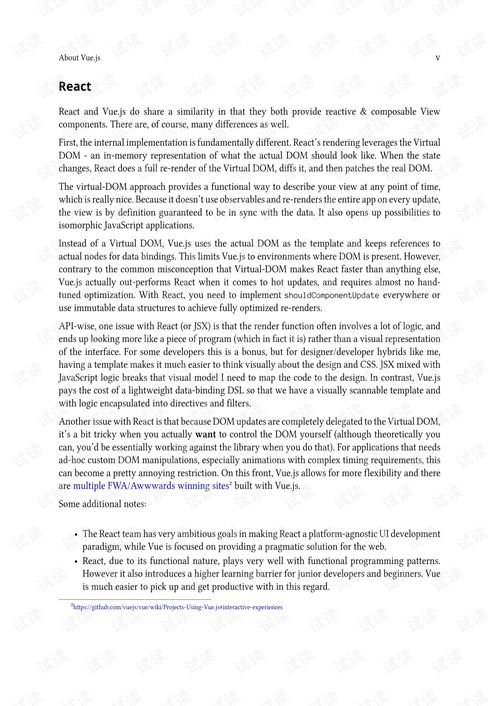Content:
Embarking on the enchanting world of fly fishing can be an exhilarating experience, offering a unique blend of relaxation and adventure. However, for those who are new to the sport, the prospect of casting a fly rod for the first time can be daunting. Fear not, for this comprehensive guide is designed to help pure beginners navigate the waters of fly fishing with confidence. Here are some essential tips to get you started on your journey into the art of fly fishing.
Understand the Basics
Before you step into the water, it's crucial to have a solid understanding of the basics. Fly fishing involves using an artificial fly to catch fish, and the technique requires precision and patience. Here's a rundown of the key components:
- Fly Rod: The rod is designed to cast lightweight flies and is categorized by weight, which corresponds to the size of the fly you'll be using. A 4-6 weight rod is a good starting point for beginners.
- Fly Reel: The reel holds the line and is used to control the distance and speed of the fly. A simple, fixed-spool reel is sufficient for beginners.
- Fly Line: The line is the most critical component, as it carries the fly to the fish. Fly lines are designed for different types of fishing conditions and species. A floating line is ideal for beginners.
- Leader and Tippet: These are sections of monofilament line that connect the fly line to the fly. The leader provides a softer connection to the fly, while the tippet offers a fine, invisible line to the fish.
Choose the Right Gear
Investing in quality gear is essential, but you don't need to break the bank as a beginner. Here's what to look for:
- Rod: Look for a rod that is comfortable to hold and cast. Most beginners find a rod with a fast action (flexible tip) easier to manage.
- Reel: A basic, inexpensive reel will suffice. Ensure it's comfortable to use and has a smooth drag system.
- Line: A floating fly line is a great starting point. As you progress, you may want to invest in a line that matches the conditions you'll be fishing in.
- Leader and Tippet: A 9-foot leader with a 3- to 5-foot tippet is a good starting point. You can always add more tippet as needed.
Learn to Cast
Casting is the foundation of fly fishing. Here are some tips to help you get started:

- Practice on Land: Begin by casting on land to get a feel for the rod and line. Use a basic overhead cast to practice your form.
- Use a Casting Mallet: A casting mallet can help you develop a consistent casting stroke.
- Focus on Your Form: Keep your elbow close to your body, use a smooth casting motion, and don't forget to follow through.
- Start with Short Casts: Begin with short casts and gradually increase the distance as you become more comfortable.
Master the Art of the Fly
Choosing the right fly is crucial for success. Here's how to start:
- Research the Species: Different species of fish are attracted to different types of flies. Research the species you'll be targeting to understand their preferences.
- Start with Simple Patterns: As a beginner, stick to simple fly patterns that mimic common food sources, such as mayflies, caddisflies, and terrestrials.
- Experiment with Colors: Fish can be color-sensitive, so experiment with different colors to see what works best in your fishing environment.
Develop Your Casting Skills
Casting is an art that takes time to master. Here are some advanced casting techniques to help you improve:
- Roll Cast: This technique is useful for casting into tight spots or across currents.
- Spey Cast: The spey cast is a powerful cast that allows you to cover a lot of water. It's particularly effective for larger rivers.
- Mend: Learning to mend your line is crucial for maintaining a natural presentation of the fly.
Learn from Others
Fly fishing is a sport that thrives on community and mentorship. Here's how to make the most of it:
- Join a Club: Local fly fishing clubs often offer beginner classes, casting clinics, and opportunities to fish with experienced anglers.
- Attend Workshops: Look for workshops or fly fishing schools that can provide hands-on training and personalized instruction.
- Ask for Advice: Don't hesitate to ask for advice from more experienced anglers. They can offer valuable insights and tips.
Safety First
Always prioritize safety when fly fishing. Here are some safety tips to keep in mind:
- Know Your Environment: Familiarize yourself with the area you'll be fishing, including water currents, terrain, and potential hazards.
- Wear Appropriate Clothing: Dress in layers to stay comfortable in varying weather conditions. Always wear a hat and sunscreen.
- Carry Safety Gear: Bring a first aid kit, a whistle, and a way to signal for help if needed.
By following these tips, you'll be well on your way to becoming a proficient fly fisherman. Remember, the key to success in fly fishing is patience, practice, and a deep respect for the water and the fish you're targeting. Happy fishing!












